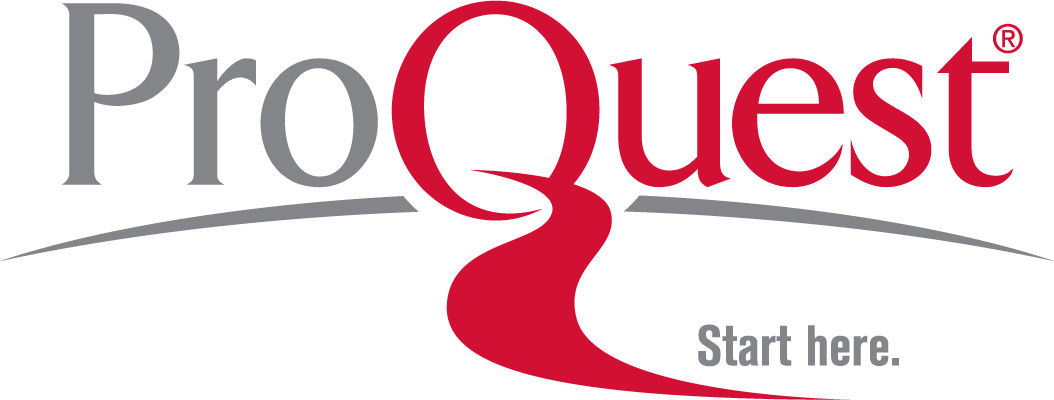Prospect Theory and Expect Utility Theory: Application to Conditions of the Czech Republic
Abstract
Purpose of the article: Classical and neo-classical economic theories consider a human as a rational individual making logical decisions and maximizing his profit. But what if it is not the case? People making decisions in the real world will never be perfectly informed about product or service they want to purchase. The economic theories propose that people make their decisions rationally, practically avoiding the risk. Nevertheless, where could be then ranked gamblers, bookmakers and similar people? They are not just a negligible statistical deviation. On the contrary, there are many of them among us. This paper presents some of demonstrations that are different view on making decisions. Methodology/methods: In this paper was applied primary and secondary research. The secondary research was based on analysis of papers and literature published about prospect theory and expected utility theory. This research was used to support a critical analyse of how individuals choose among risky alternatives. The primary research was conducted using the questionnaire. Scientific aim: The aim of this paper is critically describe differences between expected utility theory and prospect theory a differences between decision making in original research applied by Kahneman and Tversky and research applied in this paper. Findings: This survey discovered, that decisions of people making decision under risk, don’t respond expected utility theory but prospect theory is valid. There are no differences when we compared original Kahmenam and Tversky survey with this paper Conclusions: In situations where people making decision under risk, it is better to apply prospect theory then expected utility theory.Downloads
Published
2013-10-25
Issue
Section
ORIGINAL SCIENTIFIC ARTICLE











